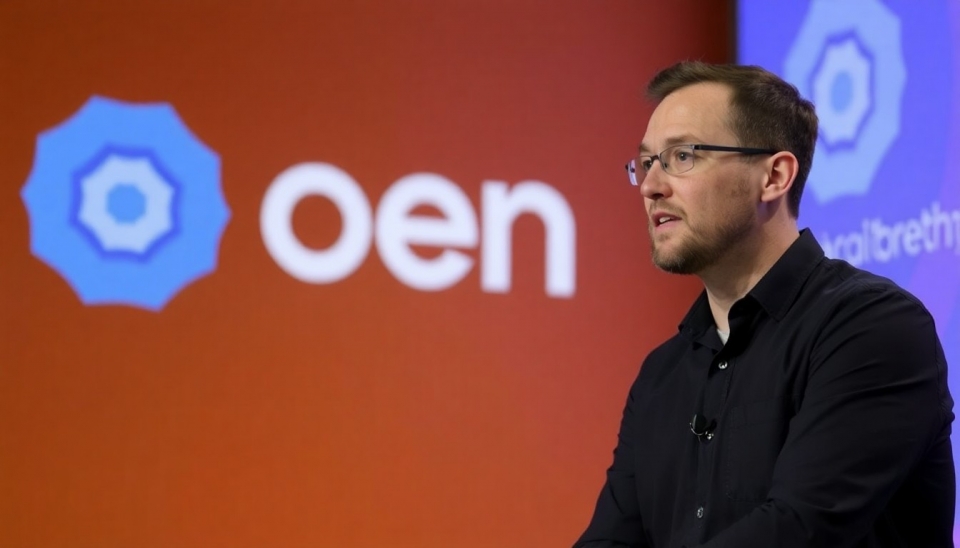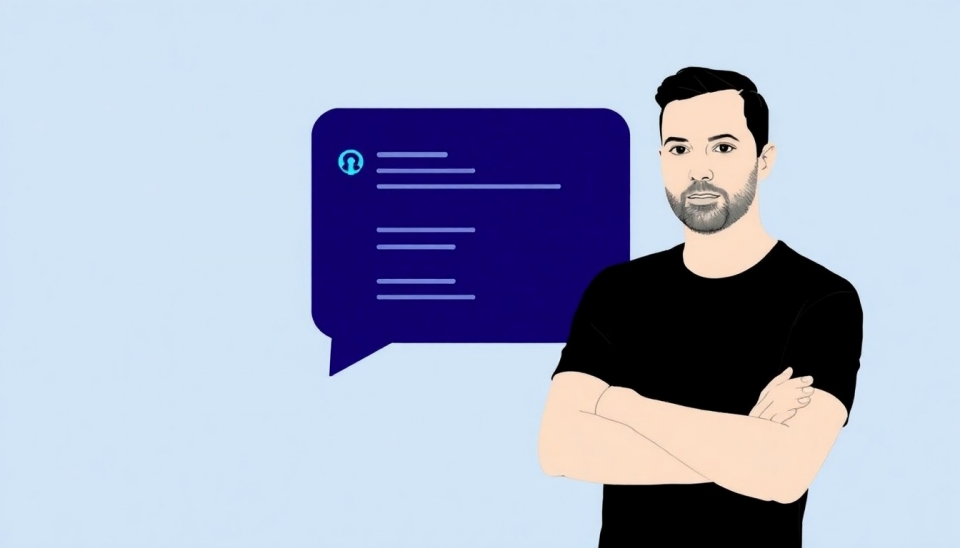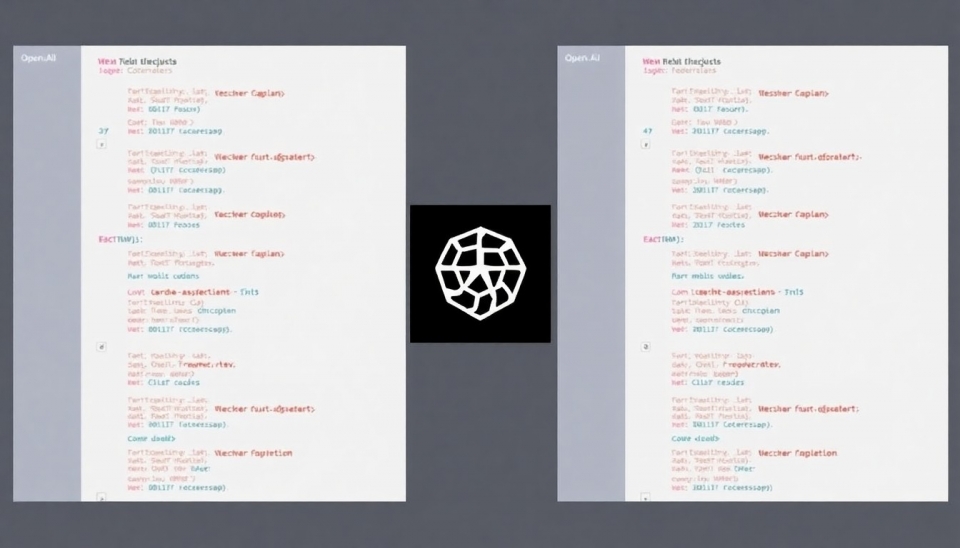
In a recent legal showdown, OpenAI has firmly responded to a lawsuit filed by Elon Musk, who has accused the artificial intelligence company of abandoning its altruistic roots in favor of financial gain. The lawsuit, which highlights a growing rift between Musk and OpenAI, asserts that the organization has strayed from its original mission to promote beneficial AI for humanity, instead prioritizing profit-driven motives.
The controversy traces back to OpenAI's transformation into a capped-profit company, which Musk argues compromises the very essence of its founding principles. Musk, one of the original co-founders of OpenAI, contends that this shift has led to outcomes contrary to the organization's intended goals. He claims that the company's decisions should focus on the safety and overall benefit of AI technologies, rather than their potential for economic return.
In its rebuttal, OpenAI has asserted that the lawsuit is not only misguided but also fails to recognize the complex realities of developing advanced AI technologies. OpenAI's representatives stated that funding is essential for conducting the extensive research and development that is necessary for maintaining safety and ensuring the responsible deployment of AI. They argue that the shift to a capped-profit business model is a strategic approach to attract investment while adhering to a commitment to its foundational mission.
Moreover, OpenAI emphasizes its ongoing commitment to ethical AI practices and insists that profit generation is complemented by rigorous safety measures and transparency standards. By arguing that investing in AI can enable broader access to its technologies, OpenAI is seeking to underscore the idea that financial success and altruism can coexist in a responsible manner.
This legal battle reflects a larger debate within the tech industry about the balance between innovation, ethics, and profit. Stakeholders are increasingly questioning whether organizations can uphold their commitments to societal good while simultaneously remaining financially viable. Musk's accusations have further intensified discussions around corporate responsibility in the rapidly evolving field of artificial intelligence.
As the case unfolds, the implications for not just OpenAI but the entire AI sector are significant. The outcome may set a precedent for how AI companies navigate the blurred lines between altruism and profit, and how such models are viewed by the public and the industry alike. The appreciation for technological advancements must be matched with a conscientious approach to addressing ethical concerns, as stakeholders advocate for a future where AI serves to enhance human life, rather than detract from it.
OpenAI's response indicates a broader strategy to counter criticisms and reinforce its dedication to developing AI responsibly. The firm maintains that its framework, grounded in both innovation and ethical responsibility, reflects an understanding of the novel challenges posed by AI advancements.
The ongoing legal conflict between Musk and OpenAI raises questions about the future direction of AI governance and the roles played by its stakeholders. Transparency, accountability, and ethical considerations will remain at the forefront of discussions as this case progresses.
The court proceedings are expected to draw significant attention from the media, industry insiders, and AI ethicists, as the narrative surrounding the intersection of ethics, innovation, and profit continues to evolve.
#OpenAI #ElonMusk #AIethics #lawsuit #technologynews #artificialintelligence #profitandpurpose
Author: Emily Collins




